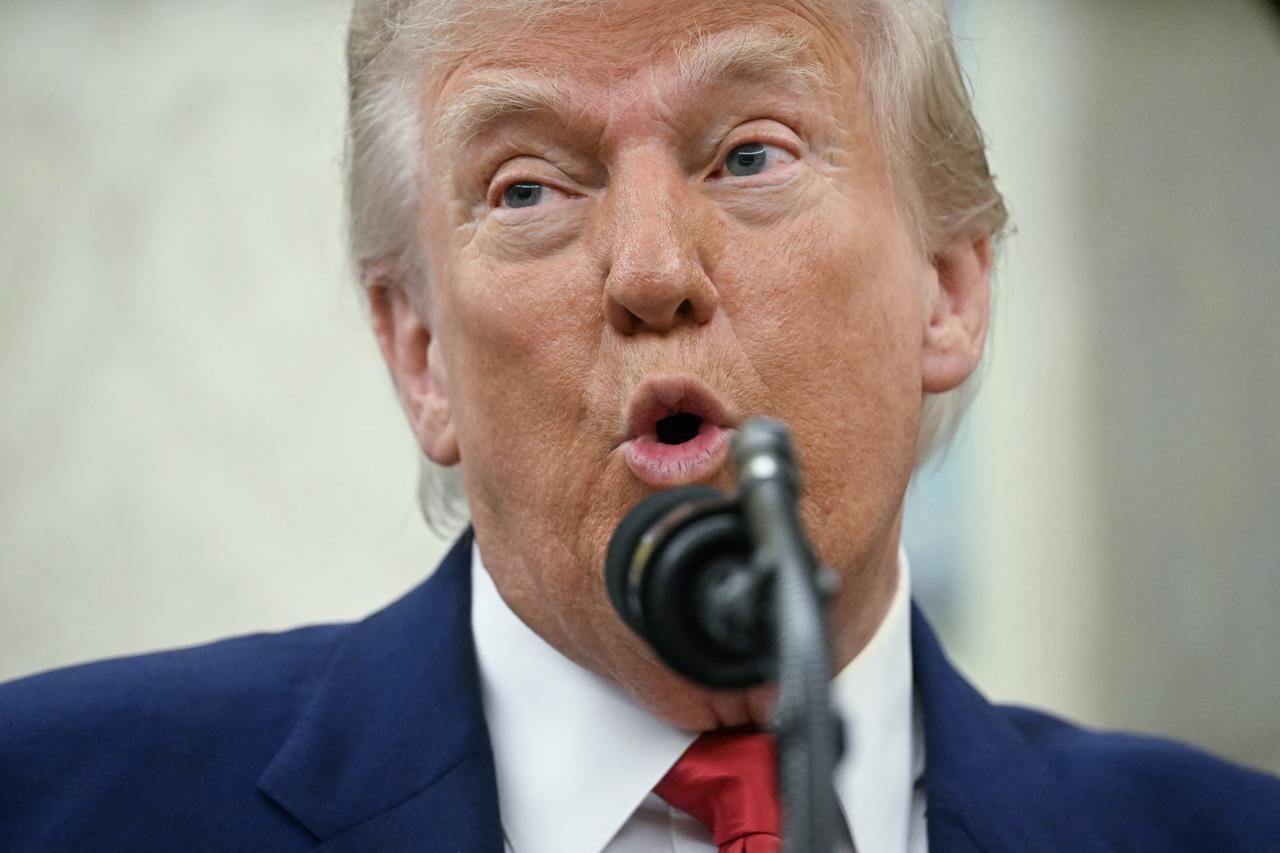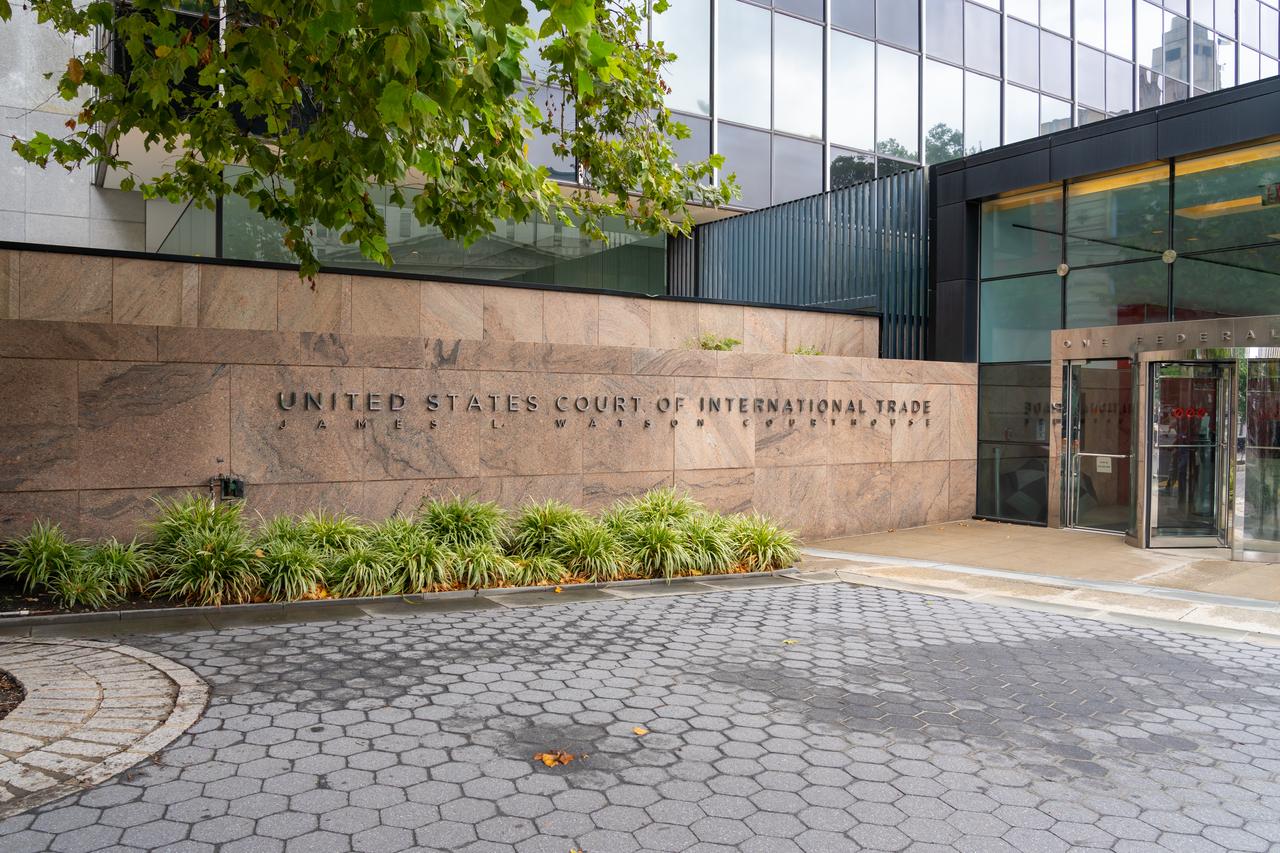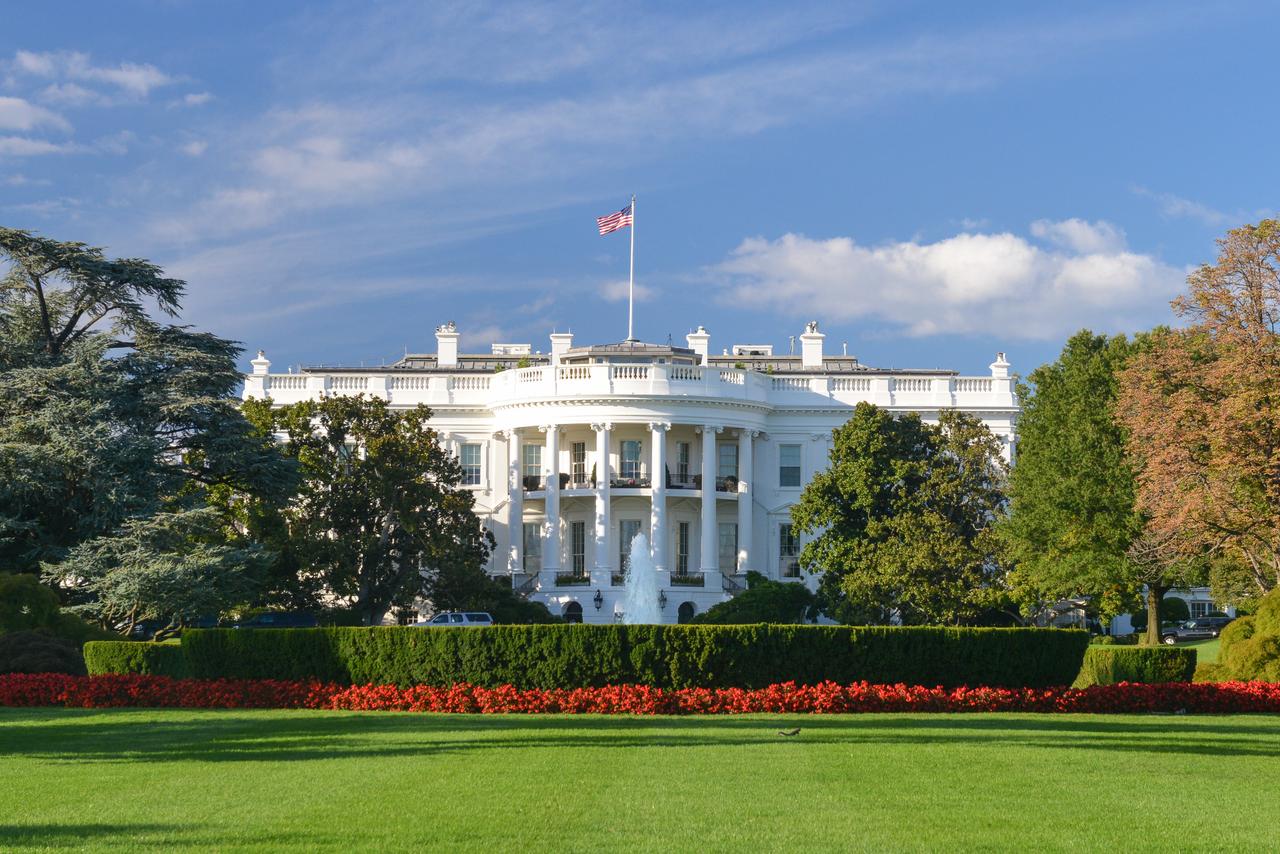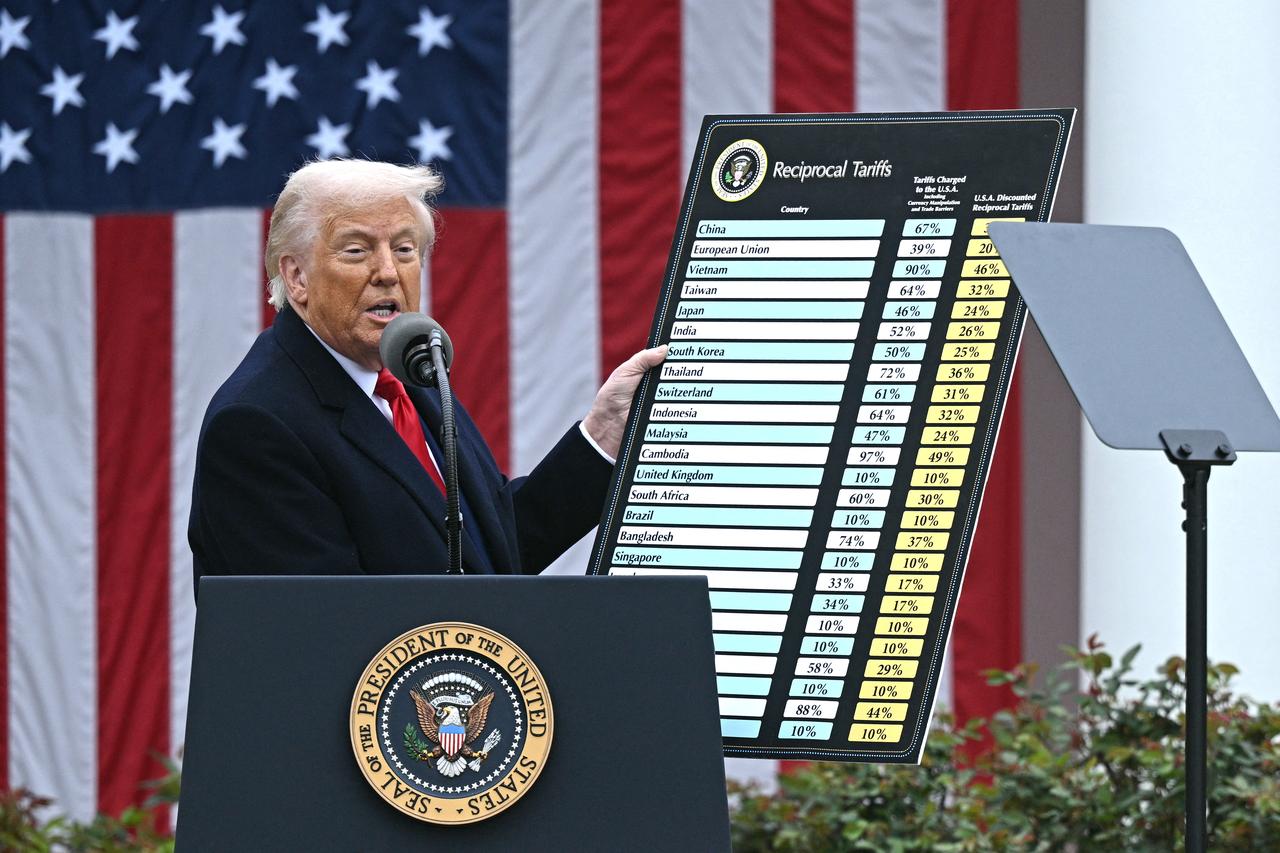
U.S. President Donald Trump’s sweeping tariff strategy suffered a major blow on Wednesday after a federal court blocked the majority of the administration’s import duties, ruling that the measures exceeded presidential authority under existing law.
The decision dealt a significant legal and political setback to Trump’s ongoing effort to reshape America’s global trade relationships through the use of aggressive tariff measures.
The ruling, issued by the Court of International Trade, strikes down a wide array of tariffs that Trump had introduced using the International Emergency Economic Powers Act of 1977 (IEEPA). While the law allows the president to impose economic restrictions in response to an “unusual and extraordinary threat,” the three-judge panel concluded that it does not grant unlimited power to impose tariffs on nearly all trading partners globally.

The case arose from two separate lawsuits filed by private companies and a coalition of state governments, which argued that President Trump had unlawfully bypassed Congress, the branch of government that holds constitutional authority over trade and federal spending.
In their unsigned opinion, the judges ruled that interpreting the International Emergency Economic Powers Act (IEEPA) as granting such unrestricted authority to the president would be unconstitutional. As a result, tariffs imposed on countries including China, Canada, and Mexico were nullified. The court gave the White House 10 days to begin the administrative process of suspending the affected measures.

Since taking office in January 2025, President Trump has pursued an aggressive trade policy built around punitive import duties, aiming to reduce the U.S. trade deficit with countries he accused of engaging in “unfair trade practices that rigged the U.S. economy.”
The tariffs, introduced under emergency powers and targeting goods from 185 countries in April, have disrupted global supply chains, triggered retaliatory actions from major trading partners, and created significant uncertainty across financial markets.
The court’s decision halts both the baseline 10% tariffs that were applied broadly and the higher duties selectively imposed on strategic partners.
Before the court’s decision, the Trump administration also had paused several of the broader tariffs for 90 days to allow time for negotiations with individual countries and trading blocs.

Reacting to the ruling, the White House criticized the court for interfering in matters of executive authority. Trump’s spokesperson Kush Desai stated that the administration remains committed to "using every lever of executive power" to address what it sees as a crisis in U.S. trade policy. Meanwhile, White House aide Stephen Miller described the decision as a "judicial coup" in a social media post..
Attorneys for the Justice Department quickly filed an appeal, arguing that the judiciary has limited power to second-guess presidential decisions made under emergency statutes.
Trump has defended the tariffs as a necessary tactic to address trade imbalances and protect American industries, pointing to recent trade agreements with the United Kingdom and China as examples of success.